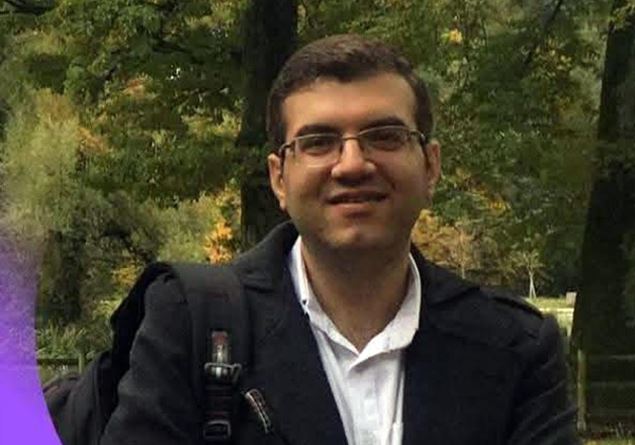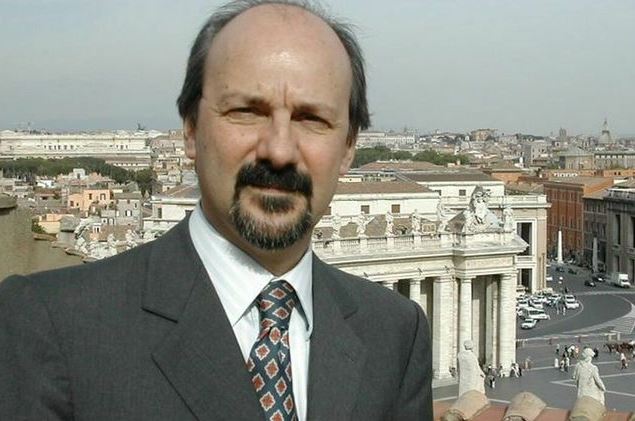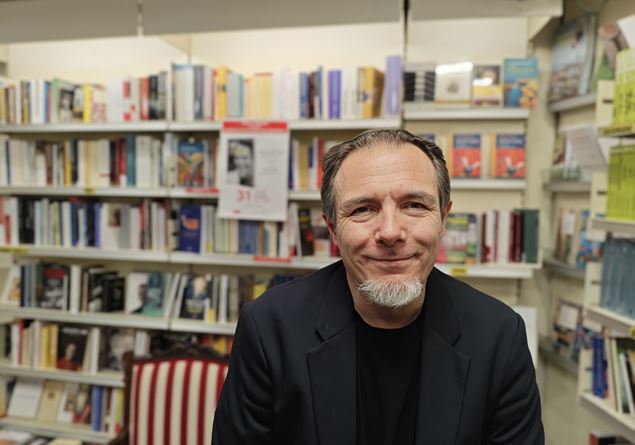The decision of the Italian Minister of Justice on the Abedini case has arrived, contained in a note from the ministry which states that Carlo Nordio «has filed the request to revoke the arrests of the Iranian citizen Abedini Najafabadi Mohammad at the Court of Appeal of Milan». The statement continues: “By virtue of Article 2 of the extradition treaty between the Government of the United States of America and the Government of the Italian Republic, only crimes punishable under the laws of both contracting parties may give rise to extradition, provided that , as the documents stand, cannot be considered to exist”.
Abedini, a 38-year-old Iranian engineer, was stopped at Milan Malpensa airport, on an international arrest warrant, on 16 December, three days before the arrest of the journalist Cecilia Sala in Iran. An arrest warrant for extradition purposes had been pending against him since December 13, a request formalized by the United States. The man had been subjected to a precautionary measure in prison due to the risk of escape.
The engineer is accused by the United States of support for Tehran’s Pasdaran and, together with an accomplice arrested in the USA, of conspiracy to export electronic components from the United States to Iran, in violation of U.S. export control and sanctions laws. Accusations that Abedini denies.
Cecilia Sala’s nightmare ended with her release and return to Italy. But the repression implemented by the Iranian regime against all critical and dissident voices knows no respite. it gets harder and harder: on January 8 the Tehran Supreme Court confirmed the death sentence for Pakhshan Azizi, a 40-year-old activist Kurdish for women’s rights, arrested in 2023 on charges of “armed rebellion against the State”. In addition to her, the Court also confirmed the execution of two other prisoners in Evin prison, Behrouz Ehsani And Mehdi Hassani.
In a letter signed in recent days by 68 political prisoners in Iranian prisons, the alarm is raised about the practice of the death penalty in Iran: in 2024 alone, the signatories recall, a thousand capital sentences were carried out in the country, last year Iran was responsible for almost 75% of executions in the world (in 2023 there were over 800 convictions). As Amnesty International explains, the crackdown on capital punishment affects «people convicted of drug crimes, but also protesters and political dissidents as well as ethnic minoritiesAnd oppressed.” In 2025, there will already be 40 people executed.
The signatories accuse Tehran of strengthening and extending the use of the death penalty as means of controlling political dissidents, to try to stifle the growing protest movement through the instrument of terror, and ask society to urgently take action to counter the execution of the three condemned prisoners.
(In the photo Ansa, Mohammad Abedini)










